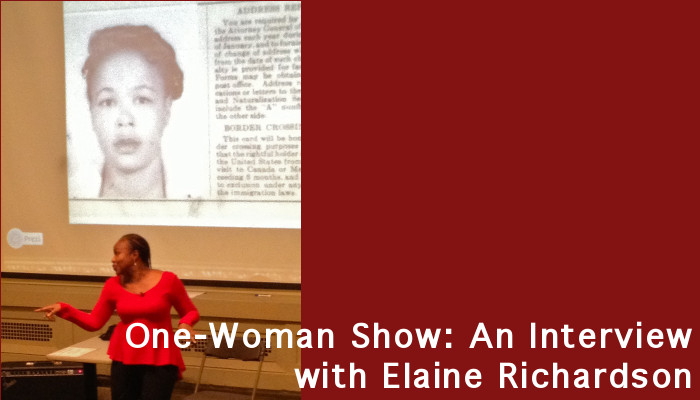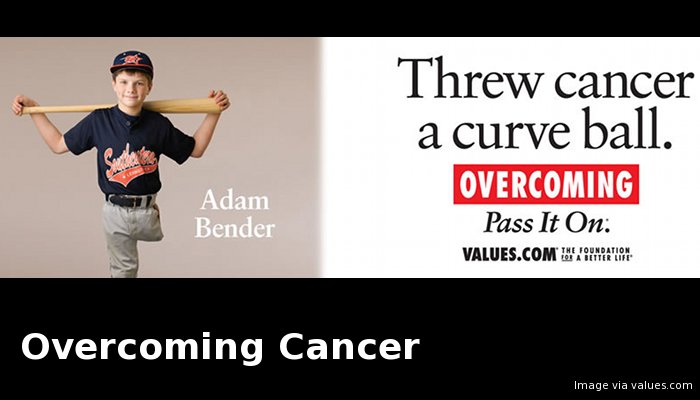[P]eople say things around you all the time that make you feel like you’re not normal, and so even though people probably look at that, “Well how can you say that you loved a pimp?” Or, “How could you even think that a pimp loved you?” Like I said, people put you in a box and label you, and nobody really is normal. How do we know what that is? What does that mean? We’re all human beings. What does that mean that we’re not normal, you know what I mean? We all feel love, pain, hate. We feel all the things that human beings can feel—jealousy, everything! When you consume that abnormality from the people around you, you believe it. It’s complicated.

Elaine Richardson dancing and singing during her one-woman show at Syracuse University, October 17, 2013
Episode 16 features a lively interview with Elaine Richardson who performed her one-woman show based on excerpts from her recent memoir—PHD to PhD: How Education Saved My Life—at Syracuse University on October 17th. In this interview, she and CCR’s Seth Davis discuss the memoir, African American rhetoric and language diversity, the George Zimmerman trial, and even RuPaul (and his rhetorical agility!).
To read a PDF of the full transcript, please download it here: Transcript for Episode 16. Thanks for listening to This Rhetorical Life.
The music sampled in this podcast is “Lost Tape” by Loopez and “ZootSuit” by Tab & Anitek.
Podcast: Play in new window | Download
